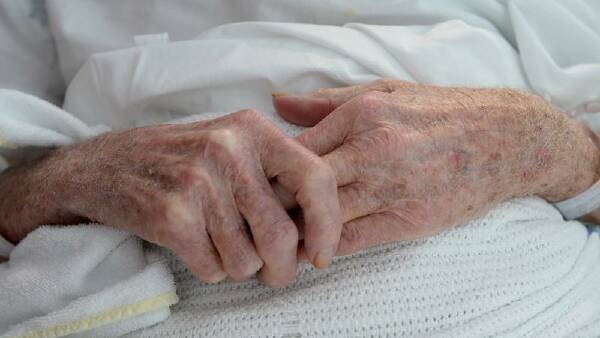
A prominent expert in dementia research, Professor Henry Brodaty, has raised significant concerns about the inadequate support for dementia patients in Australia. Speaking at the National Press Club, Brodaty emphasized the need for increased funding and a national movement to combat the disease, which is projected to become the country’s leading cause of death.
Currently, approximately 430,000 Australians live with dementia, contributing to an economic burden of around $3.7 billion annually. Brodaty noted that the government allocates only $166 million towards dementia research, a stark contrast to funding for cancer and heart disease. He stated, “It’s time for a national movement for brain health, backed by research, scaled with urgency, and funded to save lives and money.”
Innovative Approaches to Dementia Prevention
One promising initiative discussed by Brodaty is a dementia prevention trial led by the Centre of Healthy Brain Ageing, where he serves as co-director. The trial demonstrated that personalized coaching focused on areas such as physical activity and nutrition was able to delay the onset of dementia by over a year.
Brodaty urged the government to implement a national dementia risk reduction program, akin to the centre’s coaching model. He argued that such a program could yield substantial savings in treatment and care costs by slowing the disease’s progression. As more older Australians continue to participate in the workforce, enhancing cognitive health is not only a health imperative but also a “smart economic strategy,” according to Brodaty.
He highlighted the challenges faced by caregivers, noting that many are sacrificing up to 60 hours per week to care for dementia patients. A national program could enable these caregivers to remain in the workforce longer, thus benefiting both families and the economy.
Addressing the Long-Term Impacts of Contact Sports
Brodaty also called for further research into the long-term brain health of athletes, particularly those who have experienced concussions from contact sports like rugby and boxing. He pointed out that athletes may face increased risks of developing dementia later in life, especially if they experience significant periods of depression post-career.
“People who have had depression are likely to have dementia … I should emphasise these are relative risks,” Brodaty warned, highlighting the complexities of dementia risk factors.
According to Brodaty, not everyone with conditions such as hearing loss, diabetes, or obesity will develop dementia; however, they are statistically at a heightened risk.
In response to these growing concerns, the Australian federal government unveiled a national dementia action plan in 2024, which includes eight key recommendations. These recommendations focus on enhancing dementia treatment and diagnosis, providing support for caregivers, and addressing the stigma surrounding the disease.
As the conversation around dementia continues to evolve, Brodaty’s call for action sheds light on an urgent public health issue that requires immediate attention and robust funding. With appropriate support and initiatives, there is hope for improving the lives of those affected by dementia and reducing the associated economic costs.






